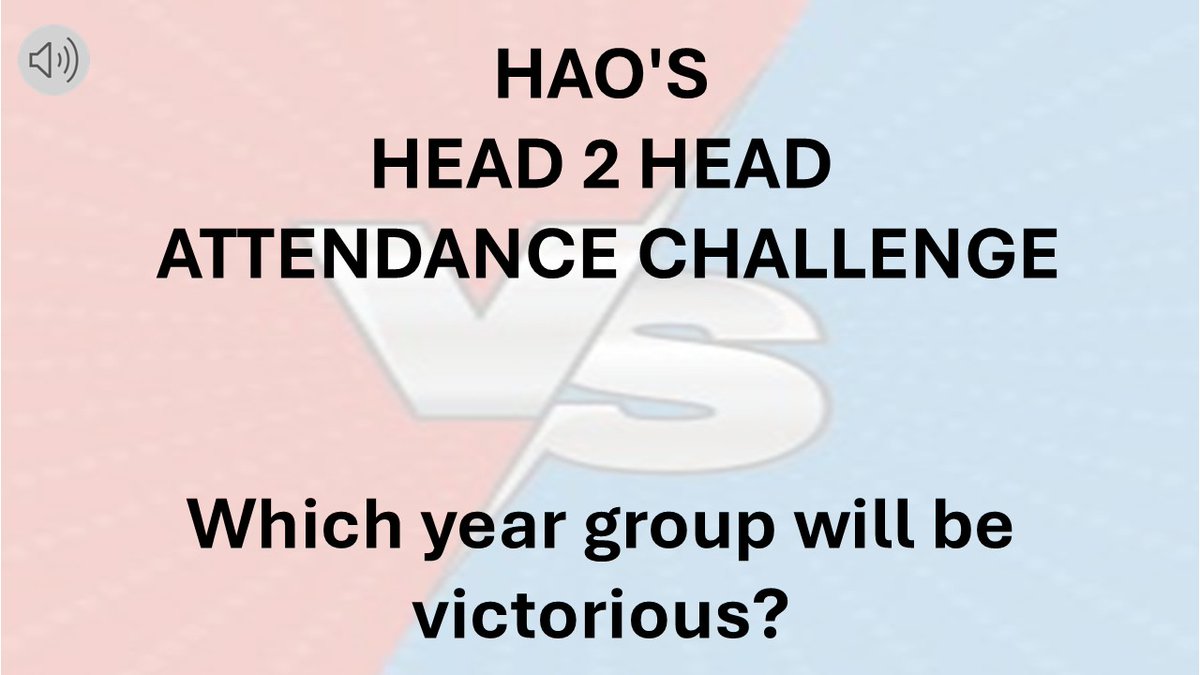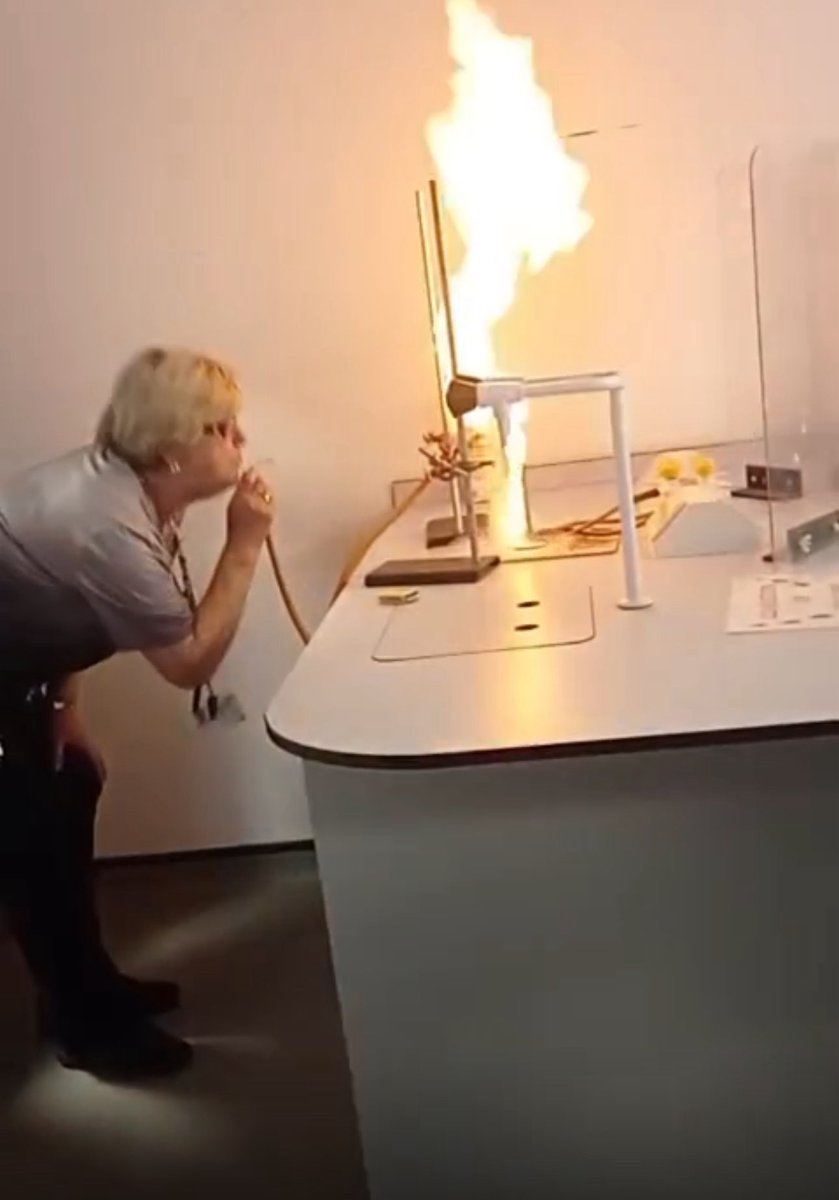Sociology
“The function of Sociology, as of every science, is to reveal that which is hidden.” Bourdieu
Sociology is the academic study of social behaviour, including its origins, development, organisation and institutions. It is a social science that uses various methods of empirical investigation and critical analysis to develop a body of knowledge about social order, social disorder and social change.
The A Level Sociology course offers an engaging and effective introduction to Sociology. Students learn
the fundamentals of the subject and develop skills valued by higher education institutes. These skills include analysis and evaluation. The units taught across the course are synoptic which allows students to flourish and develop their minds into a sociological way of thinking.
The course allows students to develop skills, including critical analysis, independent thinking and research. The specification has up-to-date research which students find stimulating and engaging. The current topics which are taught across the Federation are: education and theory with social research methods; families and households and beliefs in society; and finally crime and deviance with theory and methods.
The leadership and management of the course is centralised, led by the Federation and then the ESS. The role of the ESS is to set the exams across the Federation. The assessments which are administered across the Federation are created and dispatched by the ESS. This ensures clarity and then allows for standardisation and moderation across the Federation. This ensures accuracy of marking with a wealth of expertise. After the assessment cycle is complete, academies can analyse their own data and act accordingly. This also allows us as a Federation to compare results and collectively work together to adapt resources accordingly to suit to needs of different students.
Key principles of sociology
Rigour: The Sociology specification is rigorous. Lessons are based on the AQA specification which are planned with rigour and a variety of activities which challenge learners. The lessons are extremely high quality when than allows for rigorous assessment to take place. This also for progress over time and enables students to see their progression stage by stage.
Continuity: The course provides students with continuity; the theoretical aspect of the course runs throughout the two years which allows students to develop their knowledge and apply this to all questions across all three papers. This too allows for students to develop the different ways in which theoretical perspectives view society.
Relevance: The Sociology course is relevant to students lives. It offers them a different perspective on society and makes them question the way society is structured and how different social groups interact daily in different elements of social life, such as education. The Sociology course enables students to think differently about the education system of which they are part. It also allows them to gain a deeper understanding of the ways in which different elements of it operate. This ranges from the social class divide and the explanations for this to educational policy and how this has changed the face of education over time. The depth of sociological research in the AQA specification means that students are able to apply it to their studies and relate it to contemporary life.
What is the intention of the curriculum?
The intent of the Sociology specification is to foster an appreciation for the subject as a discipline and develop students’ awareness of the academia behind it. As there may be gaps in the cultural capital of students, this course allows for students to develop their understanding of social groups, including why people are of a different social class, different ethnicity and the extent to which this may impact their lives.
In addition to this, the Sociology course will allow students to develop a deeper knowledge and understanding of society. This is because it examines subject areas which no other subject does. It critically examines ways of life and frames them in a Sociological theory. There is a choice of teaching units and the way in which the course is delivered can be tailored to suit the needs of our students.
Finally, the Sociology course allows for critical thinking which is a vital skill required for higher education. As mentioned previously, Sociology takes on different theories and allows for a critical comparison to take place. This is done analytically, which builds students’ knowledge and makes them think critically about different theoretical perspectives studied throughout the course.
How will this be implemented?
The scheme of work across Key Stage 5 has been designed to accommodate continuous assessment. The scheme of work is also based on a textbook which is endorsed by AQA. It has many sample questions which students can practise at the end of each unit and throughout. The scheme of work is designed in a way where knowledge can be built up over time. We follow the two year A level course 7192 details of which can be found here: https://www.aqa.org.uk/subjects/sociology/a-level/sociology-7192/specification
Key Stage 5
Paper 1 (education with theory and research methods) gives students a good grasp of Sociology and what it is as a discipline. This unit looks at different social groups and the difference in their educational achievement. Once students have a grasp of the different social groups and how they interact differently in society in terms of education they can then begin to apply this to other areas of life. Therefore, the scheme of work is created with this at the beginning.
The scheme of work is reviewed at different stages during the year. This is done usually after assessment periods so if there are any changes that need to be made based on assessments this can be implemented before the next unit of work starts.
Implementation aims
There are some key aims in mind when implementing the scheme of work, for both key stages. The order of units ensures rigour in assessments as students can often take a full paper early in the year which is beneficial to reviewing their progress. This also means that students are taught different theoretical perspectives which relate to more than one topic of the course. Links between units can also be made. This is beneficial for students early in the course as they will develop their knowledge and begin to make links across the different units. The synoptic element of the course is important because the level of understanding required for the first paper will frame this development for future units and the synoptic links students will be able to make.
Although not part of the single Harris Federation sixth from centre, we ensure that we attend the meetings that take place throughout the year as this enables us to share resources, and ensures we share best practice. Moderation also takes place using standardised papers. We also use the same grade boundaries, which enables us to compare performance across academy sites.
|
KS5 Sociology |
Year 12 |
Year 13 |
|
Qualification details. |
Education with theory and methods Topics in Sociology (Families and households and beliefs in society) Development of knowledge understanding, as well as evaluation and application Assessments occur three times a year and assessment for learning tasks are completed throughout the term. |
Development of year 1 into year 2 Beliefs in society are continued in year 2 Crime and deviance with theory and methods |
How will we judge the impact of this curriculum?
We want students to talk and think like sociologists. Our goal is to develop sociology students who are inquisitive, reflective, and empathic in their approach to exploring and making sense of the society we live in, and who understand the cultural and identity issues which affect us all. We want students to use the language of sociology to talk about and understand themselves and the world around them. This can be gauged through lesson observation, student presentations, student research projects and student voice feedback.
Achievement. While not the only indicator of success, how well our GCSE and A-Level students achieve in internal and external exams is an important piece of evidence to demonstrate impact in terms of mastery of the subject. For those wishing to pursue Sociology at a higher level, for example at university, these grades are even more important. Grades are evidenced in termly reports on Bromcom and the results of external exams.
Recruitment and retention. Maintaining strong student take-up of Sociology at A-Level is a good indicator of success in terms of students recognising that Sociology is a dynamic and engaging area of academia that has a lot to offer in both theory, evidence, and real-world application.
Destinations. We believe an A-Level in Sociology is of value, regardless of what pathway a student then takes. It offers a deeper understanding of the world they live in, even if a student chooses not to study it beyond A-Level. However, the number of students choosing to continue to sociology-related degrees and apprenticeships is another indicator of our impact. This is tracked through UCAS applications.
Documents
| Long Term Plan 2025 26 SOCIOLOGY | Download |























